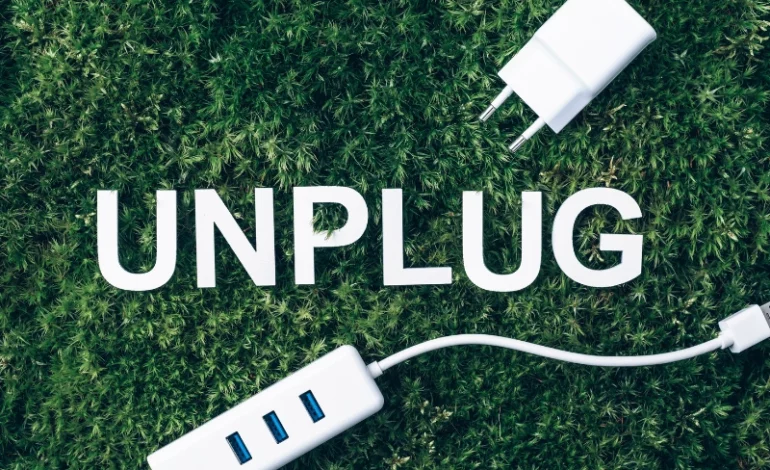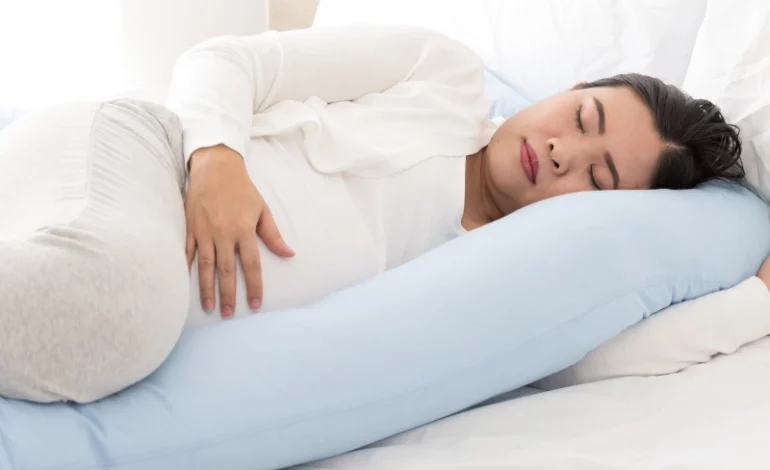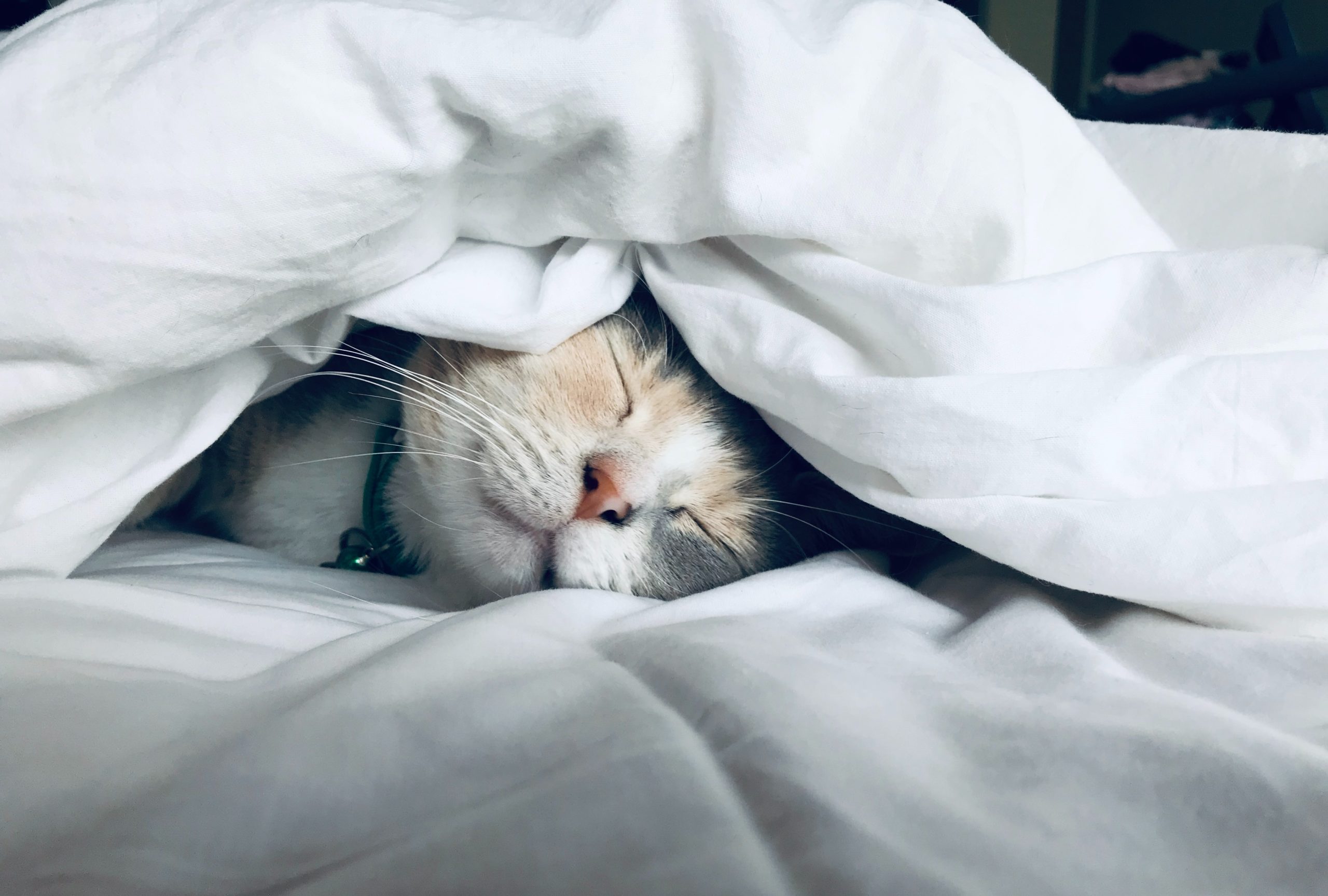The Impact of Technology on Sleep: How to Unplug and Rest

In today’s fast-paced world, technology is woven into the fabric of our daily lives. From smartphones to smart homes, we are constantly plugged in. But have you ever stopped to consider how this constant connectivity affects your sleep? As screens glow and notifications ping late into the night, many people find themselves struggling to drift off into a peaceful slumber. The irony is striking: while technology keeps us engaged and entertained, it may also be robbing us of essential rest. Understanding this impact can help you reclaim your nights and improve your overall well-being. Let’s explore the ways technology influences our sleep patterns—both positively and negatively—and discover practical strategies for unwinding before bedtime.
Technology’s Impact on Sleep
Technology has transformed how we live, work, and even sleep. With the advent of smartphones, tablets, and laptops, our evenings have become filled with screens that emit blue light. This specific wavelength can interfere with melatonin production—a hormone crucial for regulating sleep cycles.
When scrolling through social media or binge-watching shows late at night, we often lose track of time. The engaging content keeps our minds active when they should be winding down. Instead of preparing for rest, many find themselves alert and stimulated.
Moreover, constant notifications disrupt any sense of calm before bed. Each ping pulls us back into a world that demands attention rather than allowing us to relax. Balancing technology use is essential to fostering better sleep hygiene in this digital age where distractions are plentiful and enticing.
Negative Effects of Technology on Sleep
The glow of screens has become a familiar sight in our lives. Yet, this light can trick our brains into thinking it’s still daytime. Blue light emitted by phones and tablets disrupts melatonin production, making it harder to fall asleep.
Many people find themselves scrolling through social media or binge-watching shows late into the night. This creates a cycle of overstimulation that keeps the mind racing long after the devices are turned off.
Moreover, constant notifications keep us connected 24/7. The pressure to respond immediately can lead to anxiety and stress, both detrimental to quality sleep.
Even when we do manage to drift off, frequent interruptions from alerts or reminders prevent deep rest. As a result, feeling tired during the day becomes all too common for tech users everywhere.
Positive Effects of Technology on Sleep
Technology can play a surprising role in enhancing our sleep quality. Smart devices offer innovative solutions that help track and improve our rest patterns.
Sleep apps monitor your sleeping habits. They analyze data to provide insights into how well you’re resting. With this information, users can make informed adjustments to their routines.
Wearable tech like smartwatches also offers valuable feedback on sleep stages. This enables individuals to understand their cycles better and aim for more restorative slumber.
Additionally, many people find relaxation through guided meditation or calming soundscapes available via various platforms. These resources create an ideal environment for winding down before bed.
Even blue light filters on screens promote healthier use of technology during the evening hours, reducing strain and allowing for smoother transitions to sleep mode. Embracing these positive aspects can lead to improved overall wellbeing while navigating a tech-driven world.
Tips for Unplugging Before Bedtime
Creating a calming bedtime routine can be transformative. Start by setting a specific time to unplug each night. A consistent schedule helps signal your body that it’s time to wind down.
Consider replacing screen time with relaxing activities. Reading a book, practicing gentle yoga, or meditating can ease the transition from day to night. These alternatives help calm the mind and prepare it for rest.
Dim the lights in your space an hour before bed. This simple change mimics natural dusk and encourages melatonin production, making it easier to fall asleep.
Limit caffeine intake in the afternoon as well; even small amounts can interfere with sleep quality later on. Herbal teas or warm milk might be better options during evening hours.
Keep electronic devices out of reach—literally! Designate a charging station away from your bedside so you’re less tempted to check notifications before drifting off.
Alternative Solutions for Better Sleep
Exploring alternative solutions for better sleep can lead to refreshing changes in your nightly routine. Consider incorporating herbal teas, like chamomile or valerian root, known for their calming properties.
Mindfulness meditation is another tool worth trying. Just a few minutes of focused breathing can help quiet racing thoughts and prepare your mind for rest.
A consistent bedtime routine can also work wonders. Engaging in relaxing activities such as reading or gentle stretching signals to your body that it’s time to wind down.
Essential oils, particularly lavender and sandalwood, have been shown to promote relaxation. A diffuser by your bedside could create an inviting atmosphere conducive to slumber.
Exploring natural supplements like magnesium may enhance sleep quality without the grogginess associated with medications. Integrating these options into your lifestyle might just unlock the deep rest you’ve been longing for.
The Importance of Prioritizing Rest in a Technology-Focused World
In today’s fast-paced, technology-driven world, finding time to rest can feel like a challenge. The constant notifications and the lure of screens often overshadow our need for quality sleep. Yet, prioritizing rest is essential for maintaining both physical and mental health.
Sleep plays a critical role in overall well-being. It enhances cognitive function, boosts mood, and supports immune health. When we prioritize sleep over late-night scrolling or binge-watching shows, we allow our bodies to recharge properly.
Creating boundaries around technology usage is crucial in this digital age. Setting specific times to unplug can lay the groundwork for better sleep habits. Establishing a calming bedtime routine helps signal your body that it’s time to wind down.
As society becomes increasingly reliant on technology, making intentional choices about screen time is vital. This choice not only improves sleep but also enriches daily life experiences by allowing us to engage more deeply with ourselves and those around us.
Recognizing the importance of restful moments amidst technological distractions can lead to healthier lifestyles and improved mental clarity—benefits we all deserve in this tech-focused era.









